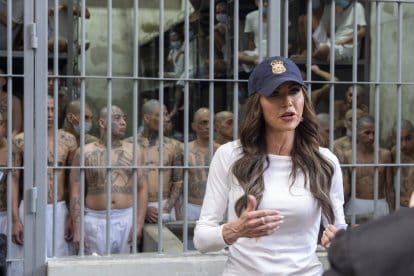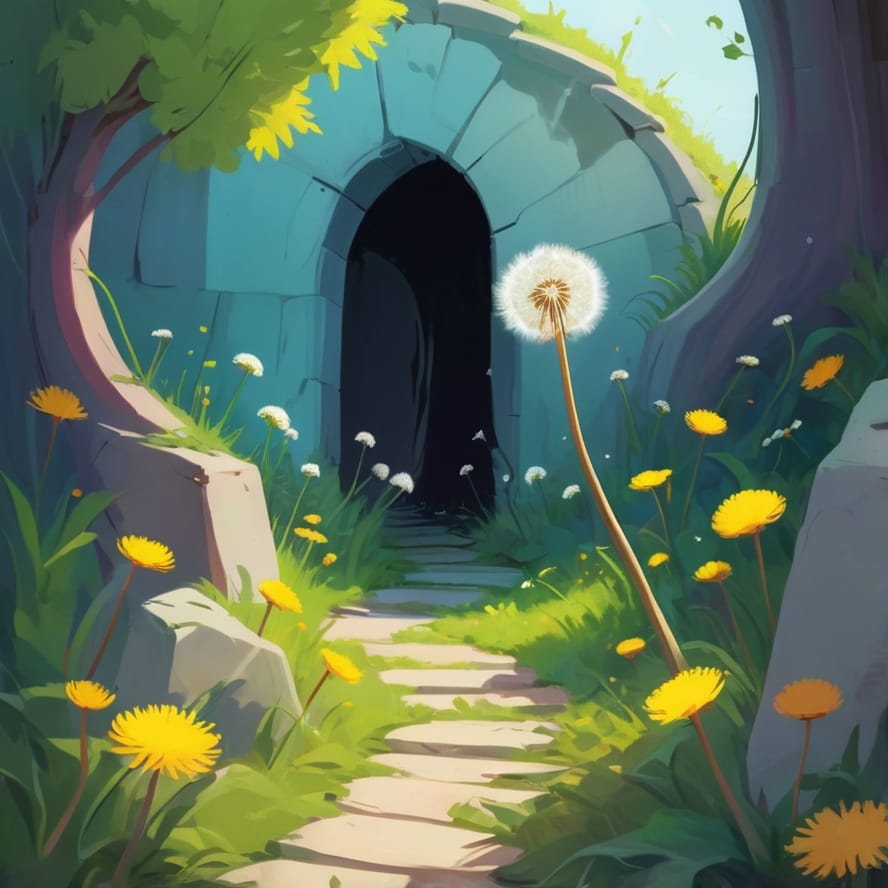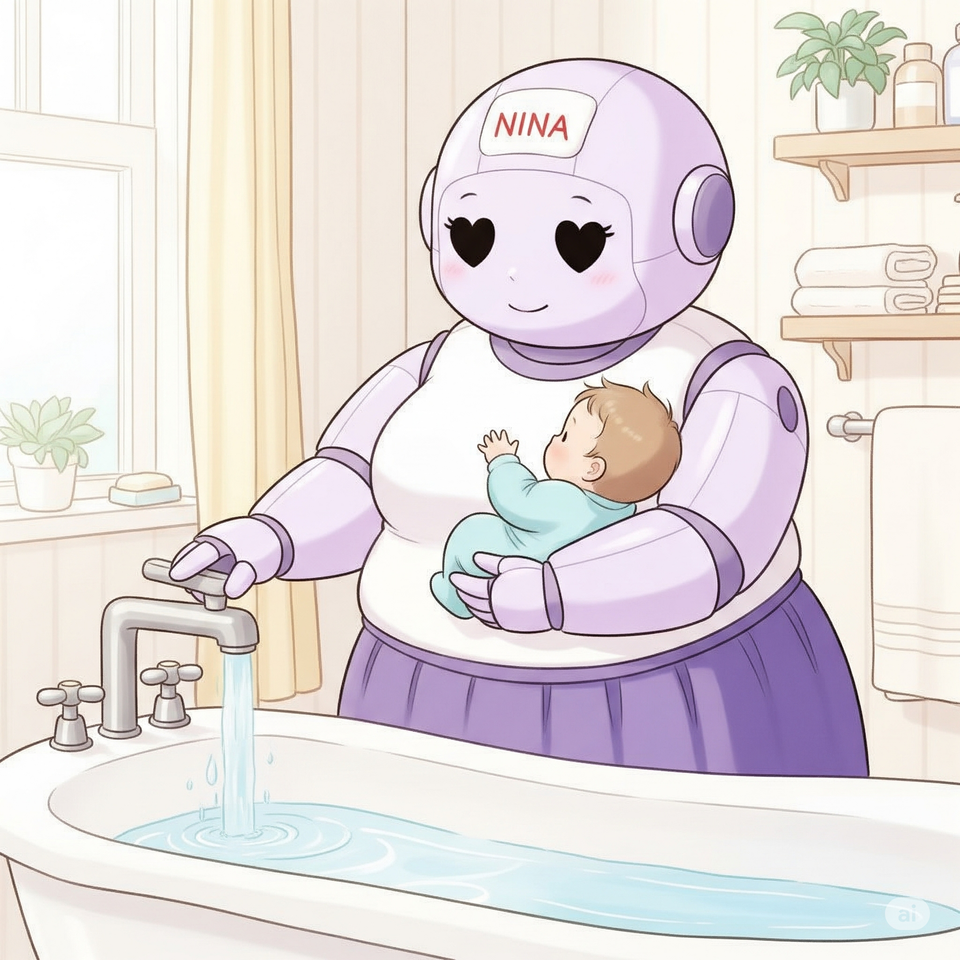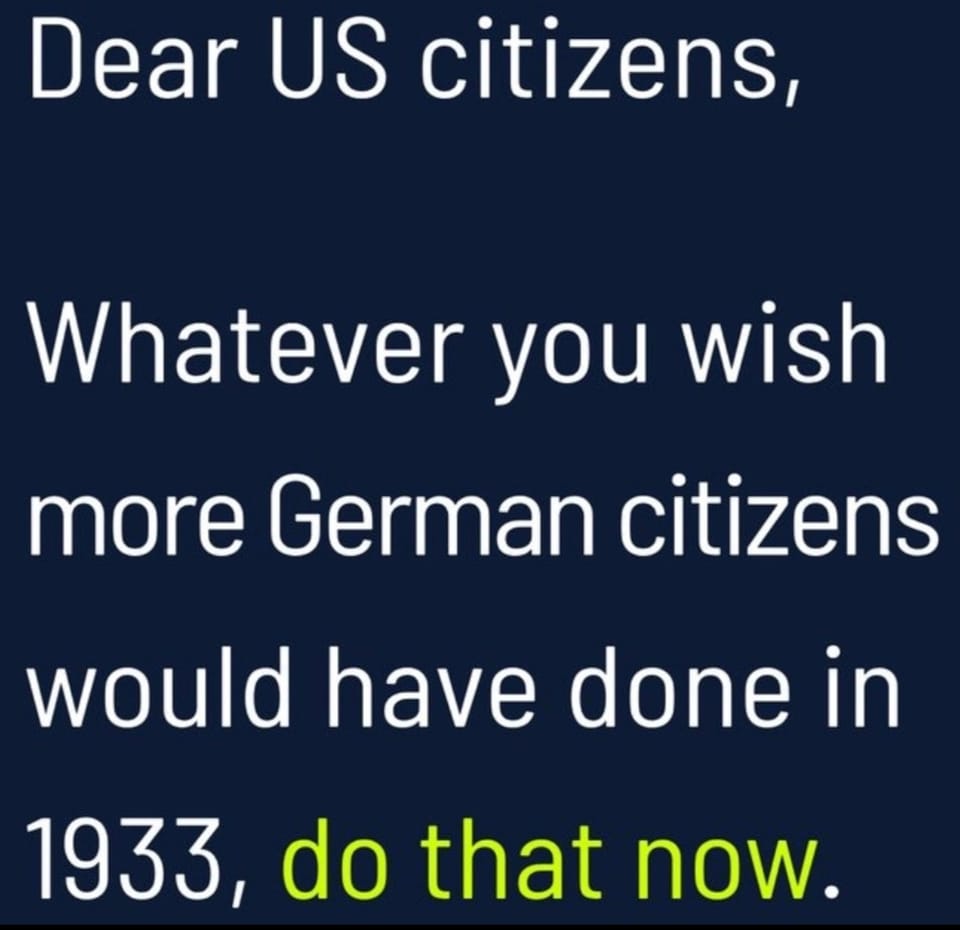Is Cancel Culture Even Real
🧠 TL;DR “Cancel culture” is both a real cultural phenomenon and a made-up moral panic - depending on who’s using it and why.
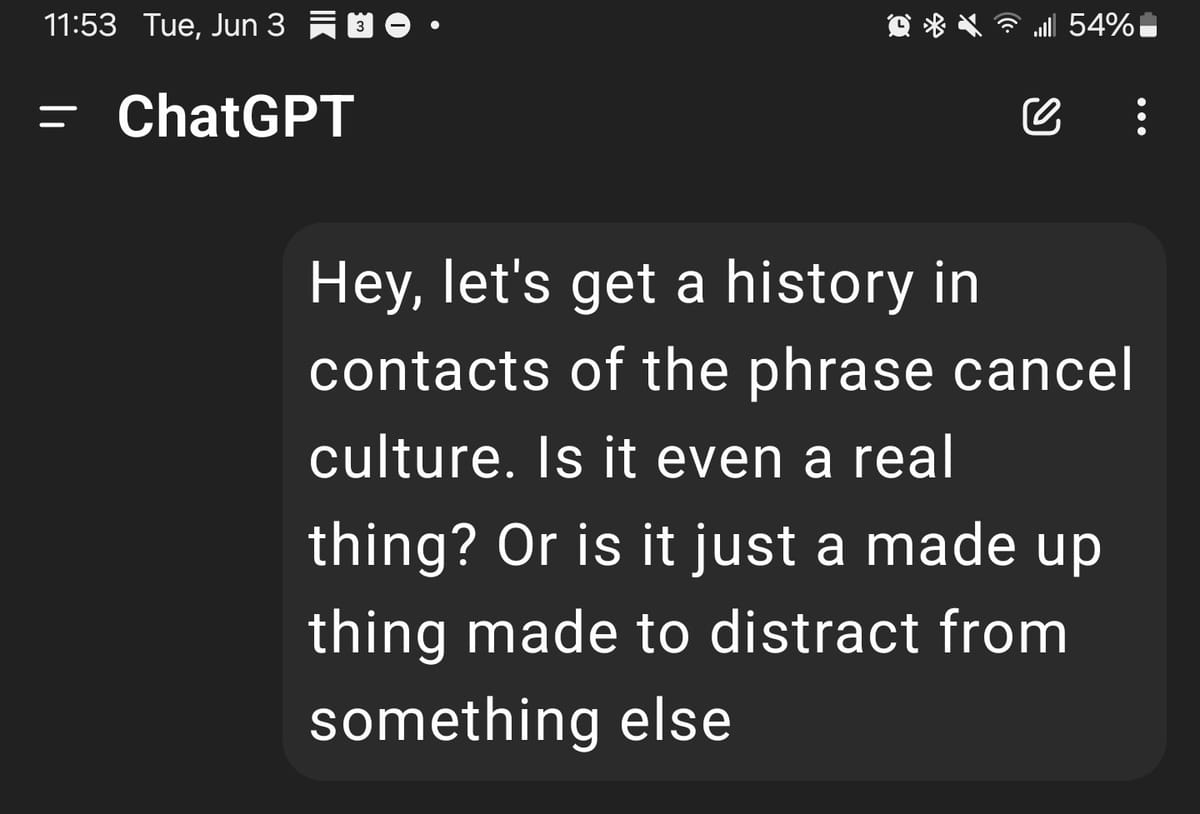
Years of insomnia, I could've just been asking ChatGPT to answer all these questions that are fucking blurting through my head as I sit here chewing the shit out of my nails not even getting close to sleep...
Let’s unpack the history, context, and critiques of the phrase “cancel culture”—because it’s way more complicated than a yes/no answer, and that’s what makes it powerful and suspicious.
📜 A Short History of “Cancel Culture”
🪩 1990s–2000s: The Origins (Black and queer culture)
The idea of “canceling” someone starts in Black queer and drag spaces and hip hop culture.
It originally meant something like: “I’m done with this person, I’m not supporting them anymore.”
Pop-culturally, it shows up in songs, reality shows, and Twitter jokes. It’s about calling someone out or cutting ties with people who do harm—often with sass and humor.
🗣️ Think: “Ugh, he said what? He’s canceled.”
🐦 2010s: The Rise of Twitter Callouts
As social media exploded, so did public callouts—especially of celebrities, influencers, and public figures who did or said harmful things.
Marginalized groups, particularly Black women and trans folks, used “canceling” as a form of grassroots accountability when the justice system or institutions failed.
Canceling wasn’t about censorship—it was about consequences.
(“This person harmed us. Don’t platform them. Don’t buy their stuff.”)
⚔️ Late 2010s–2020s: Weaponization of the Term
Conservatives and right-wing media start using “cancel culture” as a scare term, claiming that:
The left is silencing free speech
You can’t say anything anymore without being attacked
Wokeness is out of control
But in many cases, “cancel culture” was just people being held publicly accountable for racism, sexism, abuse, or bigotry.
The phrase gets used to defend people who weren’t really "canceled"—they were just criticized, often by people without much power.
It becomes a moral panic: a vague catch-all term to describe discomfort with shifting norms, especially about race, gender, and identity.
🎭 So... Is Cancel Culture Real?
✅ Yes, in Some Ways
People do get “canceled” in the sense that:
Social media mobs can be toxic and scary.
People lose jobs or face consequences for things they said or did.
Some folks get called out unfairly or too harshly.
There’s real complexity here around power, harm, and redemption.
🚫 No, in Other Ways
Most “canceled” celebrities aren’t actually gone. They often bounce back richer.
“Cancel culture” is often used to dodge accountability or frame criticism as persecution.
The term gets used to shut down activists, distract from justice movements, or shift focus from systems of harm to individual feelings.
Example: A billionaire gets criticized for transphobic tweets. Instead of listening, they yell “cancel culture!” and become a hero to reactionaries.
🧠 TL;DR
“Cancel culture” is both a real cultural phenomenon and a made-up moral panic—depending on who’s using it and why.
It started as a tool for community accountability. It became a buzzword used to deflect criticism, especially by people in power who didn’t want to face consequences.
If someone says, “I’m being canceled,” it’s always worth asking:
By whom?
For what?
Are they actually losing anything—or just being asked to grow?
